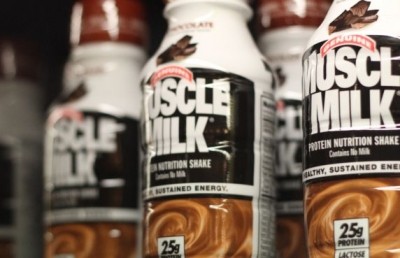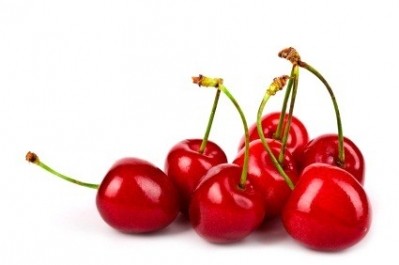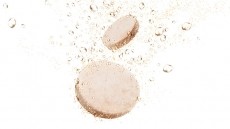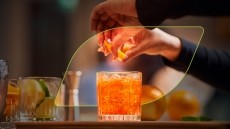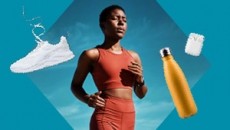PQQ set to make splash in sports nutrition beverages
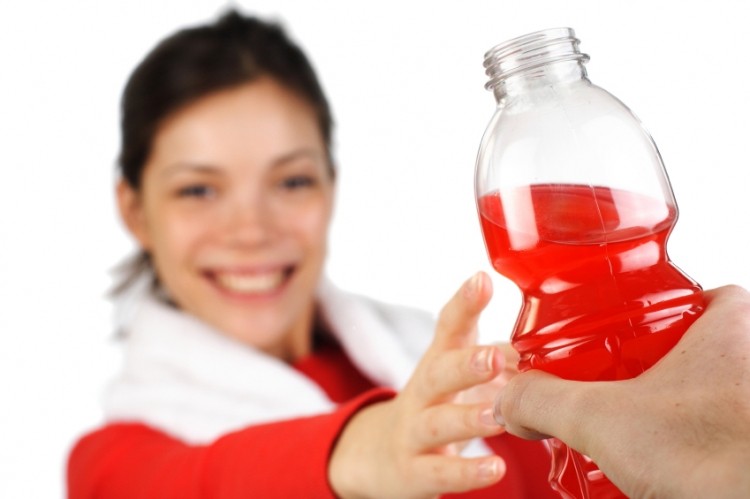
PQQ is a molecule that has been mentioned in neurological support. But it also has been shown to support healthy mitochondrial function, in particular in nerve fibers but elsewhere, too. And it is this support of mitochondria that makes the ingredient attractive for sports nutrition, said Tom Schrier, vice president of sales and marketing for Nascent Health.
“The bulk of the clinicals that have been published have been on neurological support. It’s all about support, protection and even regeneration of nerve tissue,” Schrier told NutraIngredients-USA.
The molecule’s action on nerve tissue is threefold, Schrier said.
“One, it acts as a powerful antioxidant and protects specifically brain cells and nerves from free radical damage. It stimulates the production of nerve cell growth factor, and third, it stimulates mitochondrial biogenesis,” he said.
The mitochondrial biogenesis support aspect, or supporting the growth of mitochondria, the cellular energy factories, is of particular importance for sports nutrition, Schrier said. Unlike other products in the sector, which claim to boost energy either via a stimulant like caffeine or by dumping a lot of simple sugars into the bloodstream, Schrier said PQQ supports the body's continued ability to supply cells with energy at the most basic level.
Solving the solubility puzzle
Much of the PQQ that has been available to date is in a disodium form, said Virun CEO Philip Bromley. That form was unsuitable for beverages, because it readily precipitated out in the acid environment common to most beverages. And Shrier said PQQ shares with other large molecules, Co Q10 for example, the issue of poor absorption and lessened bioavailability. But Virun’s delivery technology, coupled with Nascent’s non disodium form of the ingredient, gets around that issue, Bromley said. Virun forms micelles incorporating the PQQ. The micelles, made using D-α-tocopheryl polyethylene glycol succinate, a water soluable form of vitamin E referred to as Vitamin E TPGS, can be formed in particles of 20 nanometers diameter. The small size is critical to the claim of better absorption, Bromley said. At that size the micelles nestle into the gut membrane and deliver the PQQ into the bloodstream without being absorbed themselves.
Other companies seem to shy away from using the term “nanotechnology” because it has acquired something of a bogeyman reputation out int eh marketplace.
“Other people don’t like to use it. I like to use it. That’s what’s different with us,” Bromely said. “The vitamin E TPGS binds to the membrane to deliver the agent.”
“The priority for us was to get a PQQ aimed toward a cognitive support and sports supplement into a beverage,” Bromley said. And as the company has done with other ingredients, it demonstrated the possibilities by making the finished products themselves on a contract manufacturing basis.
“We’ve been forced into that scenario,” Bromley said. “We have the know how to make these things stable, so we’ve taken it on ourselves and we’ve expanded our manufacturing capabilities.”
Bromley and Schrier said four new products are under development using the new encapsulated PQQ technology, including a cognitive support beverage combining PQQ with phosphatidylserine. The first of the products should hit shelves with a couple of months, they said.
Bioidentical ingredient
Nascent’s PQQ is produced in China via a synthetic process that yields a bioidentical ingredient, Schrier said. While bioidentical ingredients seem to be persona non grata at FDA these days, PQQ is different because it is one of the rare ingredients that has had a recent successful NDI notification. That notification was filed by Mitsubishi Gas Chemical Company. Mitsubishi for its part disputes that the NDI notification data on its ingredient, produced through what Mitsubishi calls a natural fermentation process, should apply to Nascent's ingredient.
“With us coming in as a competitor we’ve increased the capacity available to the market,” Schrier said.
